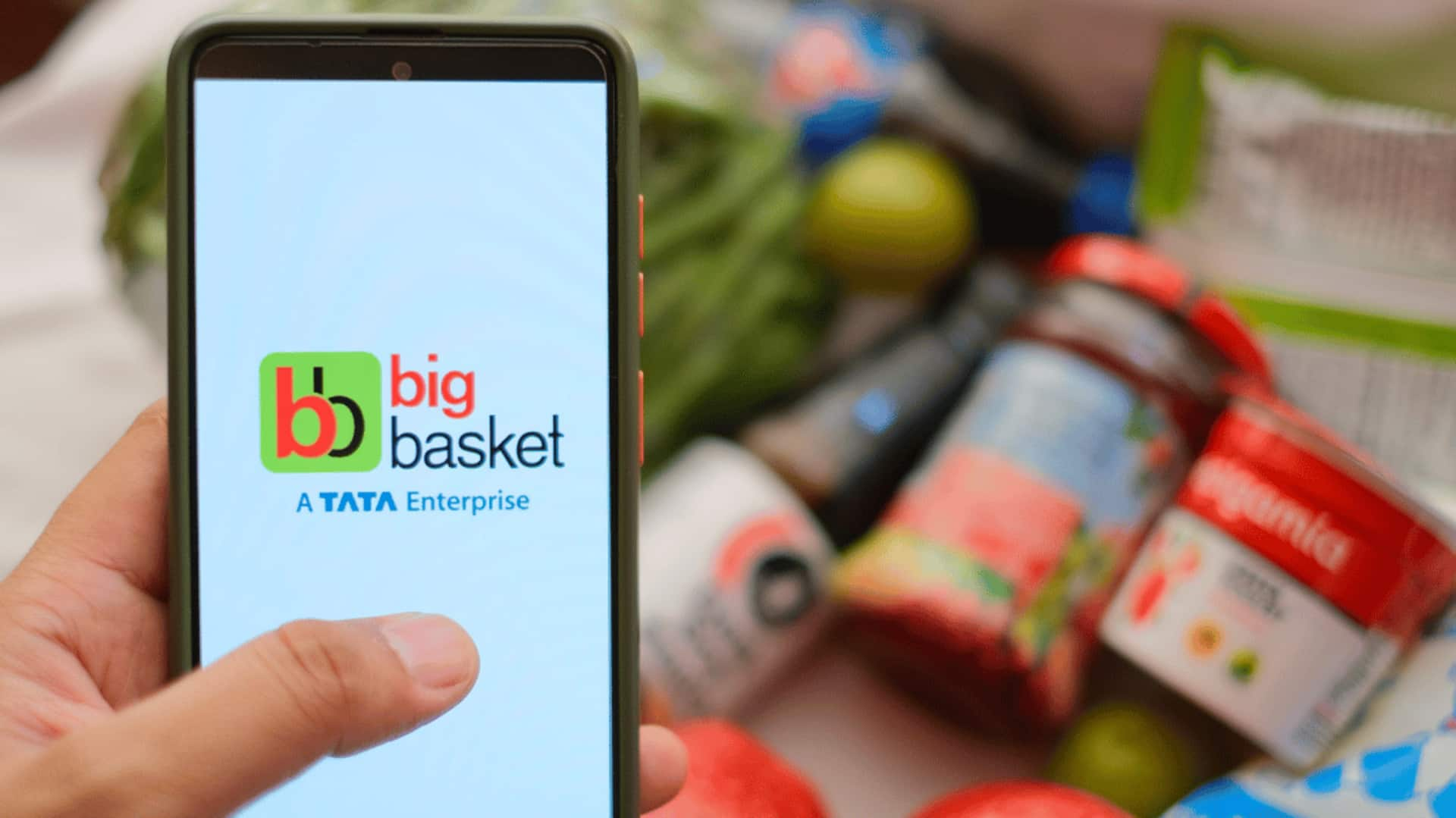
Tata's BigBasket shifting focus to quick commerce, competing against Blinkit
What's the story
Tata-owned BigBasket is set to integrate its subscription service, BBdaily, into the primary BigBasket app in the coming months.
This strategic move is part of the company's broader plan to transition entirely from slotted two-three hour deliveries toward a 10-20 minutes delivery model.
The goal is to become a pure-play quick commerce company and cater more effectively to evolving customer preferences.
Strategy shift
BigBasket's new unified approach
Currently, BigBasket operates two separate apps: the main BigBasket app and BBdaily.
The primary app itself is divided into two sections, one for scheduled deliveries (BigBasket Supersaver) and another for quick deliveries (BBnow).
However, the company plans to abandon this segmented approach and consolidate all its services under a single app without divisions.
Streamlining operations
CEO Menon outlines benefits of app integration
In an interview with Moneycontrol, BigBasket's CEO, Hari Menon, explained that this restructuring would minimize friction among buyers and provide a clearer representation of BigBasket's market presence.
"We're putting two pieces of our business together. BBdaily is currently a separate app and by December, we'll bring that also into the main app, into one single interface, and call it subscription," Menon stated.
Revenue breakdown
BBdaily's significant role in business
BBdaily plays a crucial role in BigBasket's operations, contributing about ₹150 crore to the company's total revenue of around ₹1,200 crore.
The largest revenue generator is BigBasket Supersaver, which brings in approximately ₹700 crore. The remaining revenue (₹350 crore) comes from BBnow.
The company is investing in its quick commerce business to compete with Blinkit, Swiggy's Instamart, and Zepto
Menon projected that "company-wide profitability is 9-12 months away," but also noted that the quick commerce division is delivering promising results.
Market trends
Quick commerce market witnesses exponential growth
The quick commerce industry has experienced significant growth in recent years, with its annualized gross merchandise value (GMV) estimated at $5.5 billion by analysts at Kotak.
This represents impressive growth for a market that is just about three years old.
The market is expected to become even more competitive as new players like Flipkart and potentially Amazon enter the fray, joining existing players.